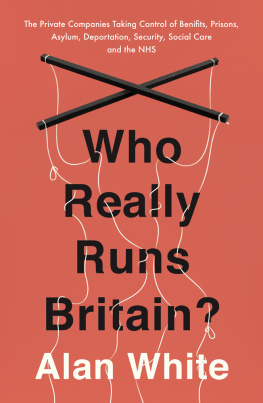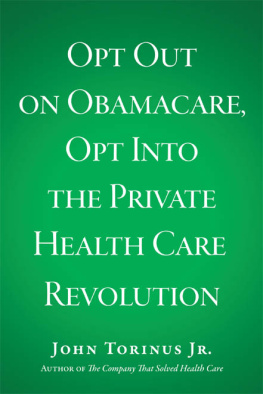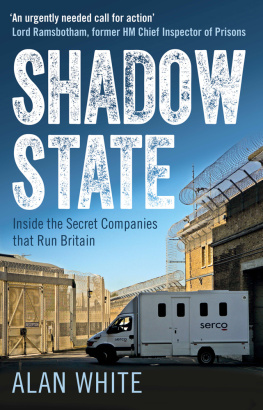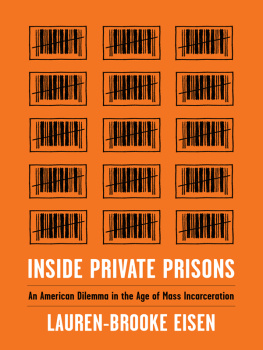Prologue
The 2012 Olympics Security Fiasco
On 24 May 2012, BBCs North-West Tonight programme carried a little-noticed story about G4S, the company that had been brought in to provide security staff for the Olympic Games. The show reported that a whistleblower had been escorted from her place of work after claiming employees had taken shortcuts in their vetting procedures. She said the system was struggling because of the need to process thousands of applications ahead of the Games: staff had to get through a minimum of ten applications an hour and the documents had ended up piled in corners of the office in Stockton-on-Tees. The woman, Sarah Hubble, told the programme: It was an absolute shambles you had people vetting potential employees who had not been vetted themselves. She added that she had never received a criminal records check herself.
On 2 June 2012, the Daily Mail would report: After the report was screened on the television news, Miss Hubble, who was employed through employment agency Reed, said she was quizzed for two-and-a-half hours by several G4S directors. After initially denying she contacted the media, Miss Hubble said she admitted it was her when the company found evidence of her contact with a journalist on her phone, which bosses examined in detail. Sarah Hubble was escorted from the building and told not to return.
A couple of weeks later, The Sun ran another story about G4Ss Olympics work. It claimed hundreds of sniffer dog searches for explosives at the Olympic Park in Stratford, east London, had not been carried out. The operation was meant to stop terrorists smuggling a bomb into the site in a vehicle and setting it to detonate on a long-term timer. But the paper alleged that for three years, G4S ghosted the searches of traffic entering the park. It said names of dog handlers on their days off were allegedly put down on shift rotas so it looked like they were working, but no searches took place. A source told the paper: The point about the searches was to stop someone smuggling a bomb inside. But the reality is a lot of the searches that were meant to happen didnt take place because the dogs and their handlers were only shown on paperwork and were never actually there. This has not just happened once or twice but regularly over the past three years. It is a farce.
The paper reported that the alleged deception may have been carried out to avoid a 500 fine which LOcog (the London Organising Committee of the Olympic and Paralympic Games, the Games organizing body) would impose for every shift G4S could not cover. Two senior managers of the G4S dog section, Keith Francis and Ron Anderson, were suspended by the company while it carried out an internal probe.
It would be too much to suggest that these stories were warning signs for what was to come. But they do introduce two themes well encounter again and again when we look at the outsourcing business: lack of transparency in the first case, and incentives to game the system in the second.
In 2011, G4S was made the official security services provider for London 2012. The intention was for it to provide training and management for the 10,000-strong security workforce, of whom 2,000 would be new staff recruited and trained by G4S and the remaining 8,000 would be from other sources. London 2012 chief executive Paul Deighton said the firm would help ensure security provisions were robust and of the highest professionalism.
But the announcement of the contract still caused concern. The group had been implicated in a number of scandals in recent years, perhaps most notably the death of Angolan immigrant Jimmy Mubenga on a plane two years earlier after three G4S security guards had pinned his head down while attempting to restrain him during his deportation. There were concerns about the training and accountability of G4S employees. Was such widespread use of private security really a good idea? But these gripes came from the usual voices: campaign groups, predominantly on the political left.
In December that year, the government announced that the number of security guards for the Games would rise to 23,700 more than double Locogs original estimate of 10,000. The number of security staff that G4S was contracted to provide had risen from the original 2,000 to 10,400. Its part of the contract was now worth 284 million, and the overall cost of security for the Olympics had risen from 282 million to 553 million. This was widely reported in the media. What wasnt was the fact that Locog and the Home Office were concerned about the development of the security operation from an early stage. However, perhaps this was natural, given the scale of the operation the concerns werent focused on G4S specifically, but on the overall project including volunteers, the police and the armed forces.
In August 2011, Theresa May, the home secretary, commissioned Her Majestys Inspectorate of Constabulary (HMIC) to conduct a review of the security arrangements. A month later, the report was produced, and it found some serious problems. Locog was eighteen months behind in producing its security policies and standard operating procedures, which was having a knock-on effect on its delivery of venue security plans. This, in turn, was causing delays in establishing an accurate picture of the number of staff that would be required.
Sir Denis OConnor, HM chief inspector of constabulary, summed up the findings: This plan is not detailed enough at this point. [Locog] have had a lot of other things to do. It is now time to have a detailed plan so that the numbers make sense, the roles are clear, and you can recruit and train people with an end in mind. A second report was commissioned in February 2012.
But there was more we didnt know. In addition to the two HMIC reports asked for by the Home Office, wed later find out that Locog had commissioned two reports of its own. In December 2011 it had asked the accountancy firm KPMG to produce an internal audit report, and, more significantly, it had commissioned a report by the accountants Deloitte in May 2012. This second report had been commissioned because Locog was concerned about the quality of the management information it was getting from G4S and about the way that company was communicating with its applicants. And as it turned out, Deloitte identified serious problems with G4Ss management information and its overall operation: The current management information provided by G4S is fragmented, inconsistent and of variable levels of integrity in respect of sources, ownership and management... it is difficult to offer a high degree of confidence that end data figures provided in final reports to Locog provide an accurate picture of reality. The report also criticized G4Ss communications with its applicants and recruits, indicating that its approach lacked detail, did not provide an understanding of the key messages which needed to be communicated at each stage, and was failing to address high attrition rates by engaging effectively with applicants.
It should be stressed that in the aftermath of what was to follow, Nick Buckles, the then CEO of G4S, would later tell the home affairs select committee that the recommendations were implemented within a week. However, the committee would conclude, several months later: Although Mr Buckles claims to have acted on all the relevant recommendations, the final outcome suggests that the changes to the data G4S were reporting to LOCOG were more presentational than substantial. The data were at best unreliable, if not downright misleading, and the most senior personnel in the company must take full responsibility for this.








